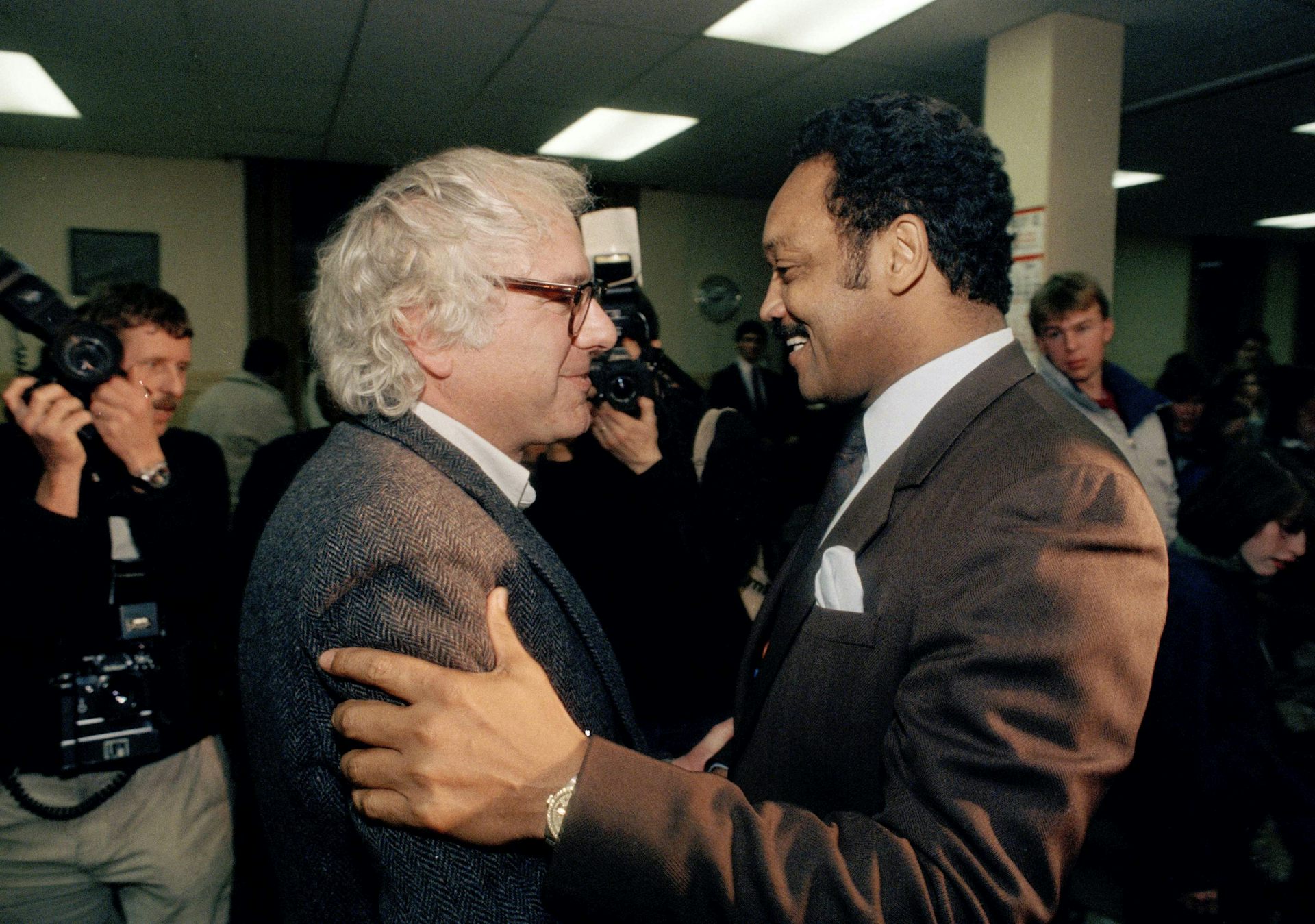How to succeed in college with a disability
For many disabled students, college is the first time that they're put to the test of making their own way. The experience can be challenging, but there are strategies to help ease the way.

If you’re entering college as a student with a disability, the first thing you should know is that you’re not alone. In a study of approximately 11,000 young adults with disabilities, nearly 20 percent were found to have attended a four-year college or university at some point after high school.
And, like all students, you should have a sense of pride in what the college experience can do for you: You’ve demonstrated self-determination in deciding to take classes, meet new friends and have many exciting experiences. What’s more, you and your family are making an important contribution to your future. Many studies show that success in college is an indicator of success in the work world.
As a professor of education and program coordinator for special education, I teach first-year students and advise students throughout their undergraduate careers. Over my 12 years of teaching, I’ve seen some of the challenges that stand in the way of success for college students with special needs – many of which apply to nearly all students.
These challenges can prove daunting, but there are strategies that can help.
Help your professor understand
Often disabilities are hidden, but that just means that you can’t see them when you meet someone. Hidden or not, disabilities are real.

Many professors don’t know very much about disability or may not have had much experience making changes to their classes. Or perhaps it’s been a while since they’ve had a student with special needs in their classroom.
Providing some websites or simple readings may be helpful.
The important thing is to help your professor understand that you’re not trying to get by with easier work. Instead, you want them to see that your accommodations are there so that you can be successful. Communicate to them that you’re willing to work hard and put in the extra time that’s necessary to master the content.
In my experience, faculty can be very supportive – and your best advocates at college. Know that they’re going to be your mentors and the ones to help you find internships and even jobs. They’re going to be the ones writing your recommendation letters in the future.
Get the most out of class
Just like every other college student, you want to get the most out of every class.

This particular aspect of college may be more difficult if you have a learning disability. According to special education researcher David J. Conner, some students “face greater difficulties than their nondisabled counterparts in: concentrating on the task at hand, determining the saliency of information presented in class, applying test strategies, and managing time.”
Get yourself prepared. Think about how you’re going to deal with the daily, weekly and long-term reading and assignments in your courses.
Remember that each of your classes requires its own set of skills and study habits. Don’t think that the same study habits are going to work for a philosophy course that work for a math course.
Find academic and social support
Often freshmen with special needs don’t seek out academic support through their university’s disability services. They see acknowledging disability as a stigma or are sometimes reluctant to accept their disability. Rather than seeing support as something to be ashamed of, understand that it’s a way of demonstrating that you can succeed – and that you know how to succeed.
Disability services on your campus are there for you. Whether it’s part of the office of student life, a dean’s office or a dedicated office, someone on-campus is charged with meeting accommodations. Make an appointment in your early days on campus, before you get too far into the semester and the support you need isn’t there. Though it’s not always an official practice, ask them if you might be given a senior student mentor who can answer your questions or even act as an advocate.
The other side to this equation is your personal support group. Many college students find that a special “group” gives a sense of belonging on the campus – something that’s especially important if your disability makes you feel like an outsider. Find a group of friends that can help you as you negotiate your early days of being on campus. For all students, this can also be a great way to reduce stress.

Most colleges have an organization fair at the beginning of the year; attend that to find out what you might be interested in. You might not have ever had an interest before in that particular area, but consider trying something out of your comfort zone.
Find and pursue your major
As you choose and take your classes, remember to be keeping in mind the bigger picture. You don’t have to know what you want to do right away; many of your colleagues who don’t have special needs are undecided on their majors too. But that doesn’t mean you shouldn’t start the process.
Some people make jokes about interest surveys, but they can be helpful in directing the thinking process around your future career.
Here are some other helpful questions that any student – special needs or not – can consider: What do I think I could do? What have I had success in before? Are the skills being taught in this course the same types of skills that I have? What do my friends or mentors say I’m good at?
The most important thing to remember is that college is a doorway, and once you go through, you’re going to find a lot of great opportunities. Support is there on the college campus, but you have to do your part to find it. Be patient with yourself, but don’t forget to push yourself, too.
Stephen Byrd does not work for, consult, own shares in or receive funding from any company or organization that would benefit from this article, and has disclosed no relevant affiliations beyond the academic appointment above.
Read These Next
How Jesse Jackson set the stage for Bernie Sanders and today’s progressives
The coalitions that Jackson built during his presidential campaigns created enduring infrastructure…
I asked students whether they’d want to be teachers? They quickly responded, ‘Why would I?’
Approximately 52% of teachers in 2024 said they would not advise young adults to enter the profession.
Coffee crops are dying from a fungus with species-jumping genes – researchers are ‘resurrecting’ the
Coffee wilt disease has continually devastated farms around the world. Understanding the fungus’s…





